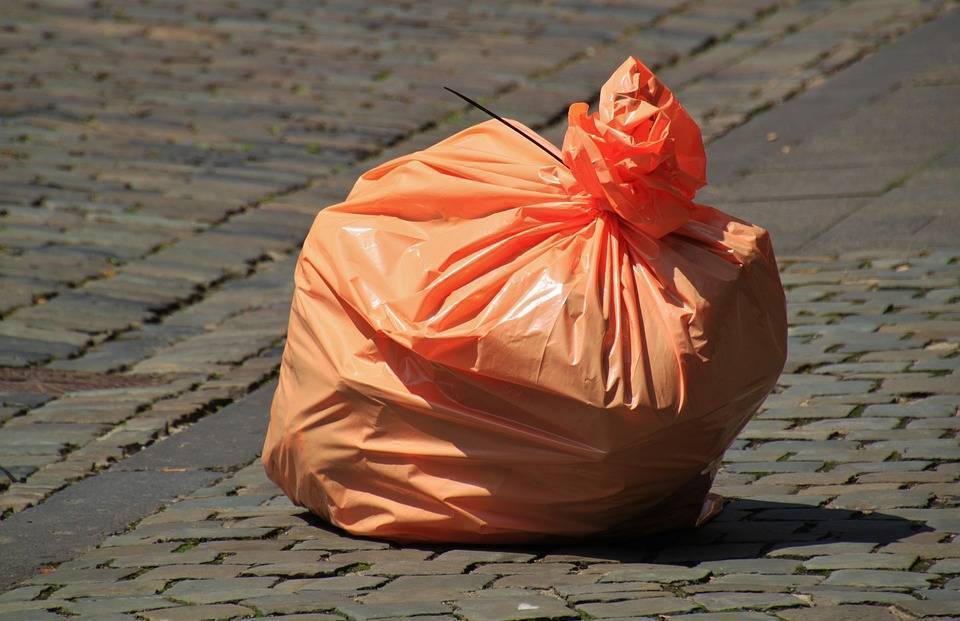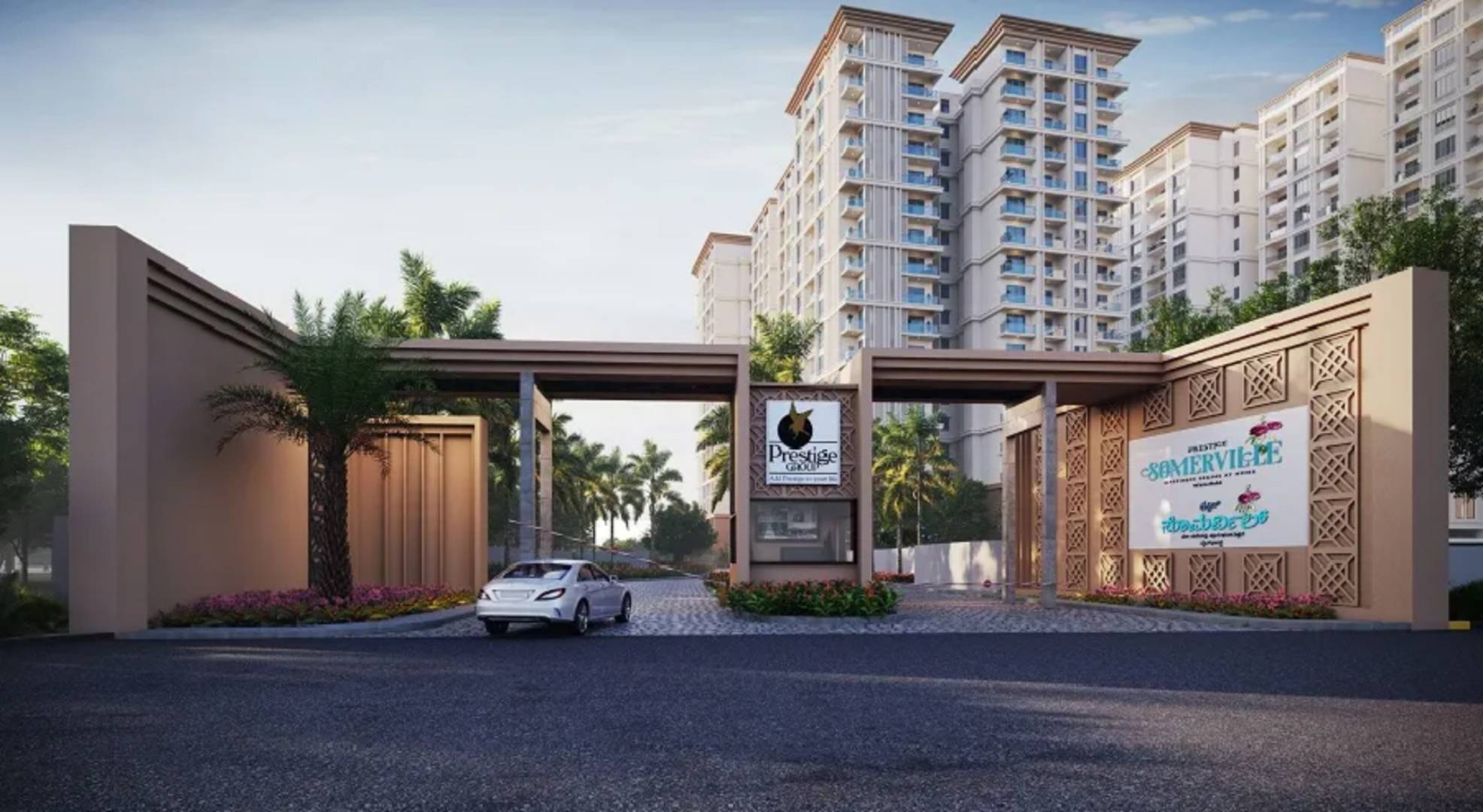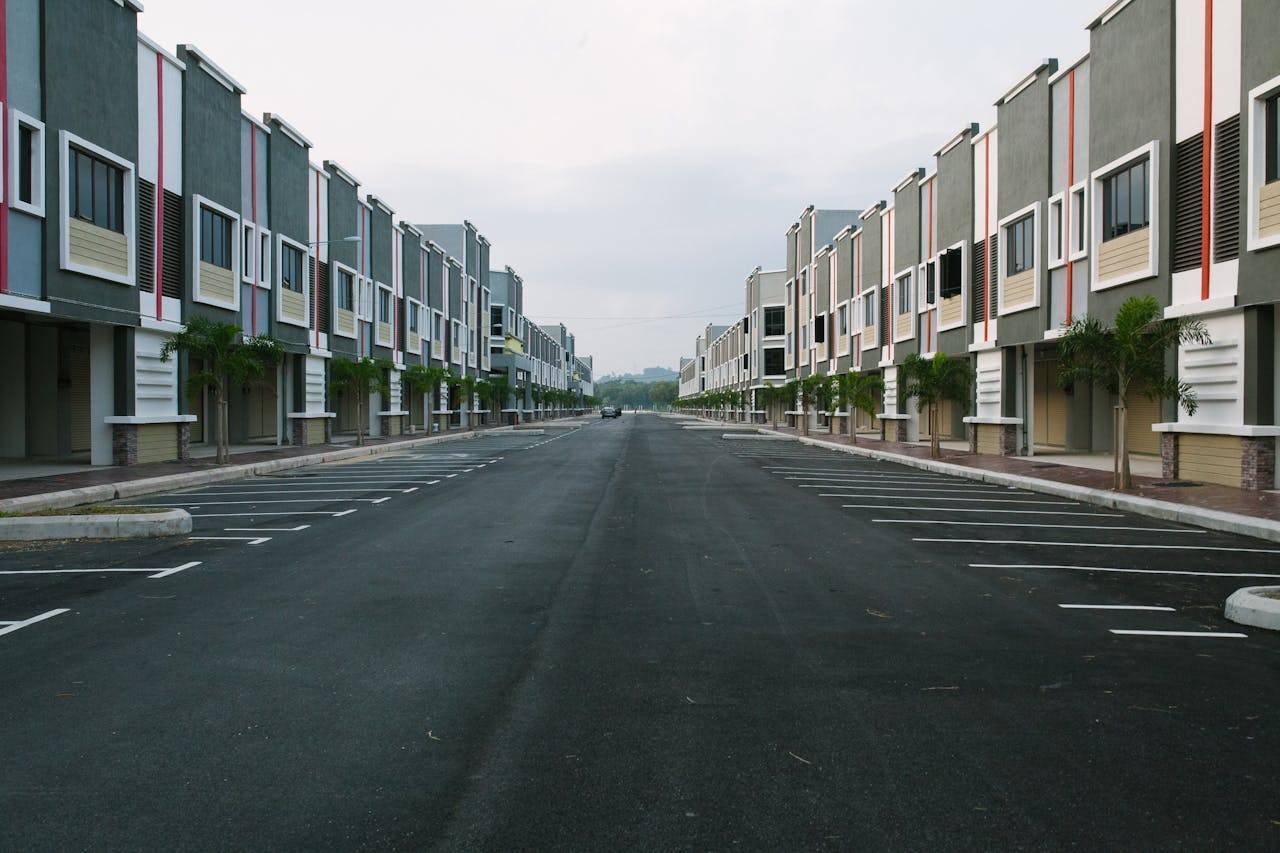The Ahmedabad Municipal Corporation (AMC) has announced a new initiative to use plastic waste in road construction. This step aligns with the global campaign ‘Ending Plastic Pollution’ and comes ahead of World Environment Day on June 5.
Under this plan, municipal engineers will carry out trials incorporating single-use and multi-layer plastic materials into asphalt mixtures. The goal is to reduce plastic waste and evaluate the method’s practicality, cost, and effectiveness in improving road quality. The trials are expected to provide data on how the plastic-asphalt mix performs under different conditions.
This move is part of AMC’s broader strategy to manage plastic waste across the city. Over the past few years, the city has struggled with plastic pollution despite a ban on plastic bags below 120 microns introduced five years ago. Enforcement challenges and public habits have limited the impact of that ban. AMC officials believe that infrastructure-based solutions, such as using plastic in roads, can help reduce the volume of plastic that ends up in landfills or scattered across the city.
In addition to this infrastructure initiative, AMC is working on multiple fronts to improve waste management. At the ward level, enforcement teams are increasing checks on the use of banned plastic items. Citizens are being encouraged to use alternatives such as cloth bags, glass bottles, and reusable containers. Awareness campaigns are being held in residential areas and markets to promote compliance.
AMC is also introducing “bottle banks” throughout the city to collect used plastic bottles, especially those from cold drinks and packaged water. Residents returning bottles to these collection points will receive small incentives. These measures are aimed at promoting recycling and reducing the number of bottles that end up in drains and landfills.
Efforts to improve solid waste segregation are underway. Public awareness drives, training for sanitation workers, and the provision of separate bins for different waste types are part of this program. AMC has also imposed stricter penalties for public littering, hoping to bring behavioral change among residents.
Educational institutions are involved in the campaign through essay competitions and seminars focusing on the impact of single-use plastic. These activities aim to raise awareness among students, encouraging long-term behavioral change. AMC will also organize tree planting drives to mark World Environment Day.
Routine inspections at public transportation hubs, especially bus terminals, are being conducted to ensure compliance with plastic bans. Businesses and vendors found violating the rules are being penalized.
Using plastic in road construction has several practical advantages. Roads built with plastic-infused asphalt show improved durability. Experts report that these roads can last up to ten years, compared to the average lifespan of 5-6 years for standard roads. The plastic helps seal cracks and prevents water seepage, which is a major cause of potholes. This makes the roads more resistant to wear and weather changes.
AMC views this step as a way to convert waste into a resource. The organization believes that if the trials are successful, the technique can be adopted more widely across the city. It will not only reduce the volume of plastic waste but also improve road infrastructure with minimal added cost.









.png)